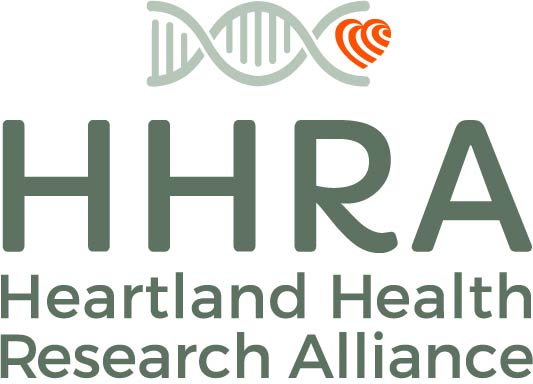Collotta, M, Bertazzi, PA, Bollati, V, “Epigenetics and pesticides,” Toxicology, 2013, 307, DOI: 10.1016/j.tox.2013.01.017.
ABSTRACT: Pesticides, a wide class of environmental contaminants, may cause both acute and delayed health effects in exposed subjects. These effects can range from simple irritation of the skin and eyes to more severe effects such as affecting the nervous system, the reproductive system and cancer. The molecular mechanisms underlying such effects are still under investigation. Epigenetics is the study of heritable changes in gene expression that occur without a change in the DNA sequence. Several epigenetic mechanisms, including DNA methylation, histone modifications and microRNA expression, can be triggered by environmental factors.We review current evidences indicating that epigenetic modifications may mediate pesticide effects on human health. In vitro, animal, and human investigations have identified several classes of pesticides that modify epigenetic marks, including endocrine disruptors, persistent organic pollutants, arsenic, several herbicides and insecticides. Several investigations have examined the effects of environmental exposures and epigenetic markers, and identified toxicants that modify epigenetic states. These modifications are similar to the ones found in pathological tissue samples. In spite of the current limitations, available evidence supports the concept that epigenetics holds substantial potential for furthering our understanding of the molecular mechanisms of pesticides health effects, as well as for predicting health-related risks due to conditions of environmental exposure and individual susceptibility. FULL TEXT
